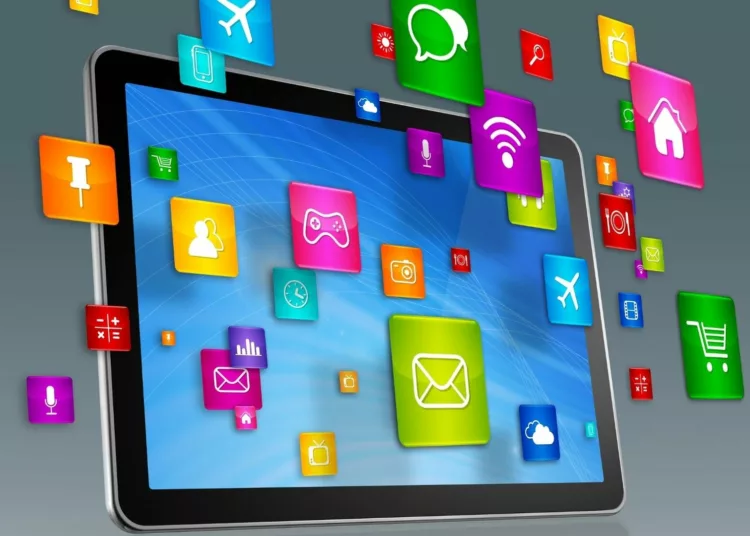The Inclusive Friends Association (IFA), a disability rights organisation in Nigeria, has called for a disability-inclusive review of the National Digital Literacy Framework (NDLF), to ensure that the over 35 million Nigerians with disabilities are not left behind in the federal government’s goal of achieving 95% digital literacy by 2030.
During an advocacy meeting with the National Information Technology Development Agency (NITDA) in Abuja, the Executive Director of IFA, Grace Jerry, stressed the urgent need to bridge the digital literacy gap within the disability community, particularly among women with disabilities.
Jerry disclosed that more than 60 percent of Persons With Disabilities (PWD), in Nigeria are unable to power or operate a computer, highlighting the deep digital divide affecting the community.
She emphasised that without basic digital skills, persons with disabilities remain excluded from employment opportunities and national development initiatives.
Jerry further noted that although Nigeria has made commendable strides in digital transformation, the current national framework lacks specific provisions and strategies for people with disabilities.
“The work has only begun. But the part that most people don’t even realise is the huge gap that still exists within the disability community.
“For Nigeria to achieve 95 percent digital literacy, the process must be all-inclusive. We want to be part of the review process because nothing about us should be done without us,” she said.
Also, the research and legal officer of IFA, Joseph Okpe, lamented the consistent exclusion of disability groups in policy formulation and implementation, stating that issues affecting persons with disabilities are often lumped into the broader category of vulnerable groups.
He revealed that a recent review of the National Digital Literacy Framework by IFA showed that despite over 150 partners contributing to the document, none represented the disability community, including the National Commission for Persons with Disabilities and the Joint National Association of Persons with Disabilities.
Responding to the advocacy, the director general of NITDA, Kashifu Inuwa Abdullahi, acknowledged the oversight and assured the group of the agency’s commitment to inclusivity.
He stated that 95 percent digital literacy by 2030 cannot be achieved without including the 35 million Nigerians with disabilities. He emphasised that NITDA is open to making IFA a strategic partner and including its representatives in the digital literacy framework review committee.
Inuwa said, “From today, we will take all these points into consideration. We need to involve you in designing our programmes.
He further proposed integrating IFA into NYSC digital training programmes and NITDA’s flagship conferences to ensure consistent engagement, empowerment, and representation. Inuwa also emphasised that digital skills should not be seen as the end, but a means to economic empowerment, business growth, and inclusion.
Project Coordinator Stephen Idoko highlighted that the current National Digital Literacy Framework does not recognise persons with disabilities as a unique demography. He called for disability-inclusive budgeting, accessible digital training formats, and a targeted digital literacy policy that reflects the unique learning needs of persons with disabilities.





